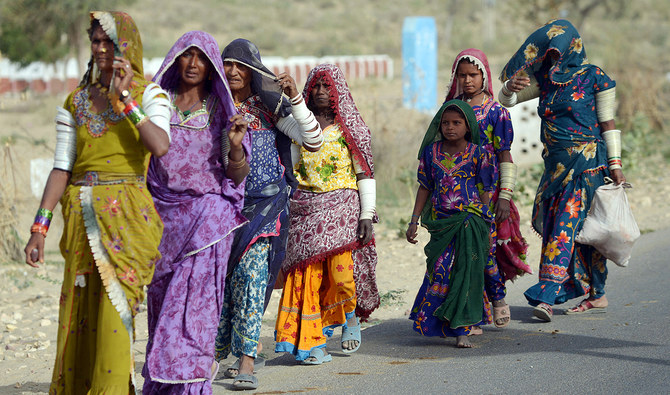
It is now three months since Boris Johnson declared that his Brexit deal would be unalloyed good news for UK businesses and consumers alike. But the true picture is graphically illustrated by a new survey of 125 UK and Dutch firms that do business between the two old and close trading nations.
Whether it be trade in chocolate bars, electric bicycles or malt whisky distilled in Scotland, the reality for exporters, importers and customers infuriated by orders being delayed is mostly negative.
“Three months on, two out of three companies experience a negative impact of Brexit. They are struggling with increased costs [71%], red tape [63%] and delayed shipments [59%],” said Lyne Biewinga, executive director of membership at the Netherlands British Chamber of Commerce (NBCC) which conducted the survey among its members. “These problems have led to sleepless nights for many businesses.”
Because they know that the issues are anything but “teething” but rather structural and permanent, UK civil servants have been advising British companies to investigate setting up subsidiaries or warehouses in the Netherlands and other EU countries, to get around post-Brexit paperwork and charges including VAT. Many firms have already done so, planting parts of the operation back in the single market.
Well-known brands, as well as smaller companies in both countries, have been adversely affected, as the NBCC survey shows. Ben Greensmith, the UK and Ireland country manager for Tony’s Chocolonely – which brands itself as an ethical producer aiming to eradicate slavery from the chocolate supply chain – says exports of personalised chocolate bars from the Netherlands to the UK have been badly held up, with many Easter orders delayed.
“We do Easter bars. You can order your own personalised wrapper,” said Greensmith. “The problems caused by Brexit have slowed us down at Easter, they slowed us down for Valentine’s Day and slowed us down for Mother’s Day. Normally you could get a bar to the UK in four to five days, but now we are seeing backlogs of a couple of weeks at customs. We have had to put a notice on our website saying this is totally beyond our control.”
Taco Carlier, the joint founder of the fast-growing electric bicycle company VanMoof, whose main base is close to Amsterdam, told the Observer Brexit had been anything but good for business. The UK was now a huge market but prices of his e-bikes to customers here would have to rise.
“Overall the export costs [to the UK] have gone up and the shipping efficiencies have gone down,” said Carlier. “It [Brexit] is definitely a bad thing because our company is less efficient now, so in the end we have to raise prices a bit for customers and that is not what we want. It is easier and more efficient to sell products in bigger markets and therefore you get better products for more competitive prices.”
For UK companies exporting to the Netherlands, the story has been similar. “We have got frustrated customers on the continent because of the delays – but they are understanding,” said Tim Foster, exports sales manager at Lindores Distilling Company, which owns the Abbey distillery in Newburgh, Fife, an exporter of malt whisky to EU countries.
“They don’t understand why we had a referendum in the first place, but they understand where the problems are now. Just trying to work out how on earth we are going to get products to EU countries is a real head scratcher.”
Biewinga said UK and Dutch companies still wanted to expand their export businesses despite the extra hurdles put in their way – but predicted bigger obstacles lay ahead.
“This is not even the full picture. With the bulk of UK veterinary, and sanitary and phytosanitary inspections to be implemented as of 1 October, more negative impact is to be expected for Dutch agrifood exports.”












